Britain & Ireland
What was it about industrialisation that led to the emergence of a woman’s movement in Victorian Britain? Why do we see so many people fighting for so many rights and liberties in this period and what are the origins of some of the issues we still campaign on today? This section includes our major series on Social and Political Change in the UK from 1800 to the present day. There are also articles and podcasts on the often violent relationship between England and Ireland during this period and England’s changing relationship with Scotland and Wales. Read more
Sort by:
Date (Newest first) | Title A-Z
Show:
All |
Articles |
Podcasts |
Multipage Articles
-

Earth in vision: Enviromental Broadcasting
ArticleClick to view -
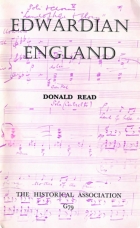
Edwardian England
ArticleClick to view -

Eighteenth-century Britain and its Empire
ArticleClick to view -
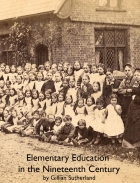
Elementary Education in the Nineteenth Century
ArticleClick to view -

England Arise! The General Election of 1945
ArticleClick to view -

English first-aid organisations and the Provisional IRA mainland bombing campaign of 1974
ArticleClick to view -

Exploring Twentieth-Century History
ArticleClick to view -
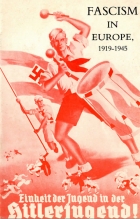
Fascism in Europe 1919-1945
ArticleClick to view -
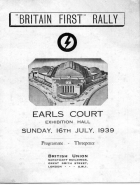
Fascist behind barbed wire: political internment without trial in wartime Britain
ArticleClick to view -

Faster, Higher, Stronger: The Birth of the Modern Olympics
ArticleClick to view -

Film: Acts of Union and Disunion
Multipage ArticleClick to view -

Film: An Interview with Margaret MacMillan
Multipage ArticleClick to view -

Film: Bricks and the making of the city - London in the 19th century
ArticleClick to view -

Film: Reimagining the Blitz Spirit
24th August 2020Click to view -

Film: The Quest for the Lost of the First World War
ArticleClick to view -

Film: “The Talk Should Not Be Broadcast”: Homosexuality and the BBC before 1967
ArticleClick to view -

Filmed Interviews: The Women of Bletchley Park
Multipage ArticleClick to view -

Filmed Lecture: Medlicott Lecture 2022 by David Olusoga
ArticleClick to view -

Finding Bad Bridget: the lives and crimes of Irish immigrant women in America
ArticleClick to view -
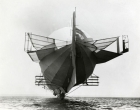
First Zeppelin shot down over Britain
ArticleClick to view

